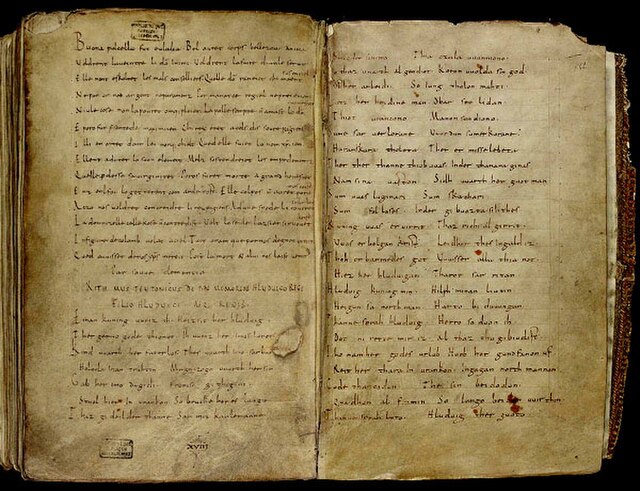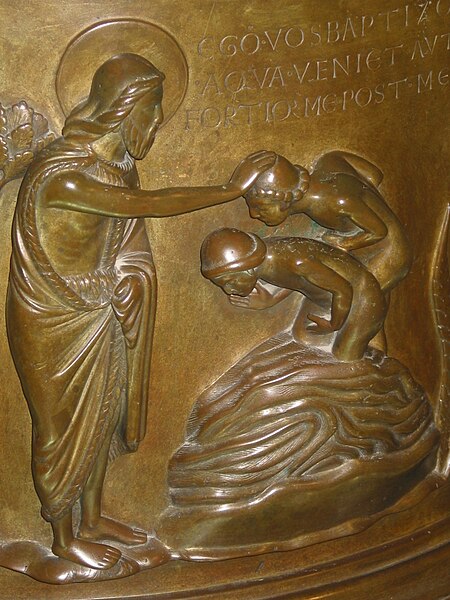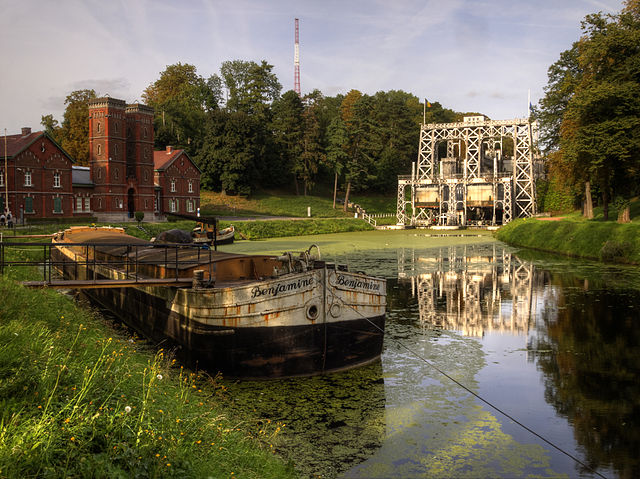Spa is a city and municipality of Wallonia in the province of Liège, Belgium, whose name became an eponym for mineral baths with supposed curative properties. It is in a valley in the Ardennes mountains 35 km (22 mi) south-east of Liège and 45 km (28 mi) south-west of Aachen. In 2006, Spa had a population of 10,543 and an area of 39.85 km2 (15.39 sq mi), giving a population density of 265/km2 (690/sq mi).
The Casino of Spa
View of Spa in 1647, engraving by Matthäus Merian the Elder
Print of Spa, c. 1895
Kaiser Wilhelm II and his staff at Villa du Neubois in Spa in 1918
Wallonia, officially the Walloon Region, is one of the three regions of Belgium—along with Flanders and Brussels. Covering the southern portion of the country, Wallonia is primarily French-speaking. It accounts for 55% of Belgium's territory, but only a third of its population. The Walloon Region and the French Community of Belgium, which is the political entity responsible for matters related mainly to culture and education, are independent concepts, because the French Community of Belgium encompasses both Wallonia and the bilingual Brussels-Capital Region but not the German-speaking Community of Belgium.
The Sequence of Saint Eulalia, the oldest surviving text written in what would become Old French, likely originated in or near Wallonia.
Baptismal font of Renier de Huy, an example of Mosan art and of medieval Walloon brass working expertise
The Lion's Mound commemorates the Battle of Waterloo, fought in present-day Wallonia. Belgium was united with the Netherlands following the Napoleonic Wars.
The boat lifts on the old Canal du Centre were first opened in 1888 and are now a World Heritage Site.








